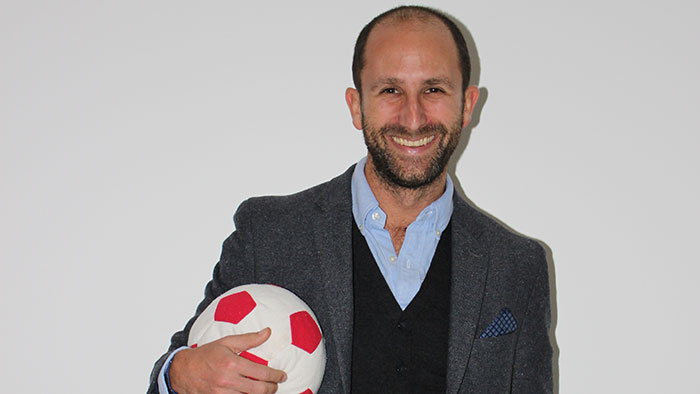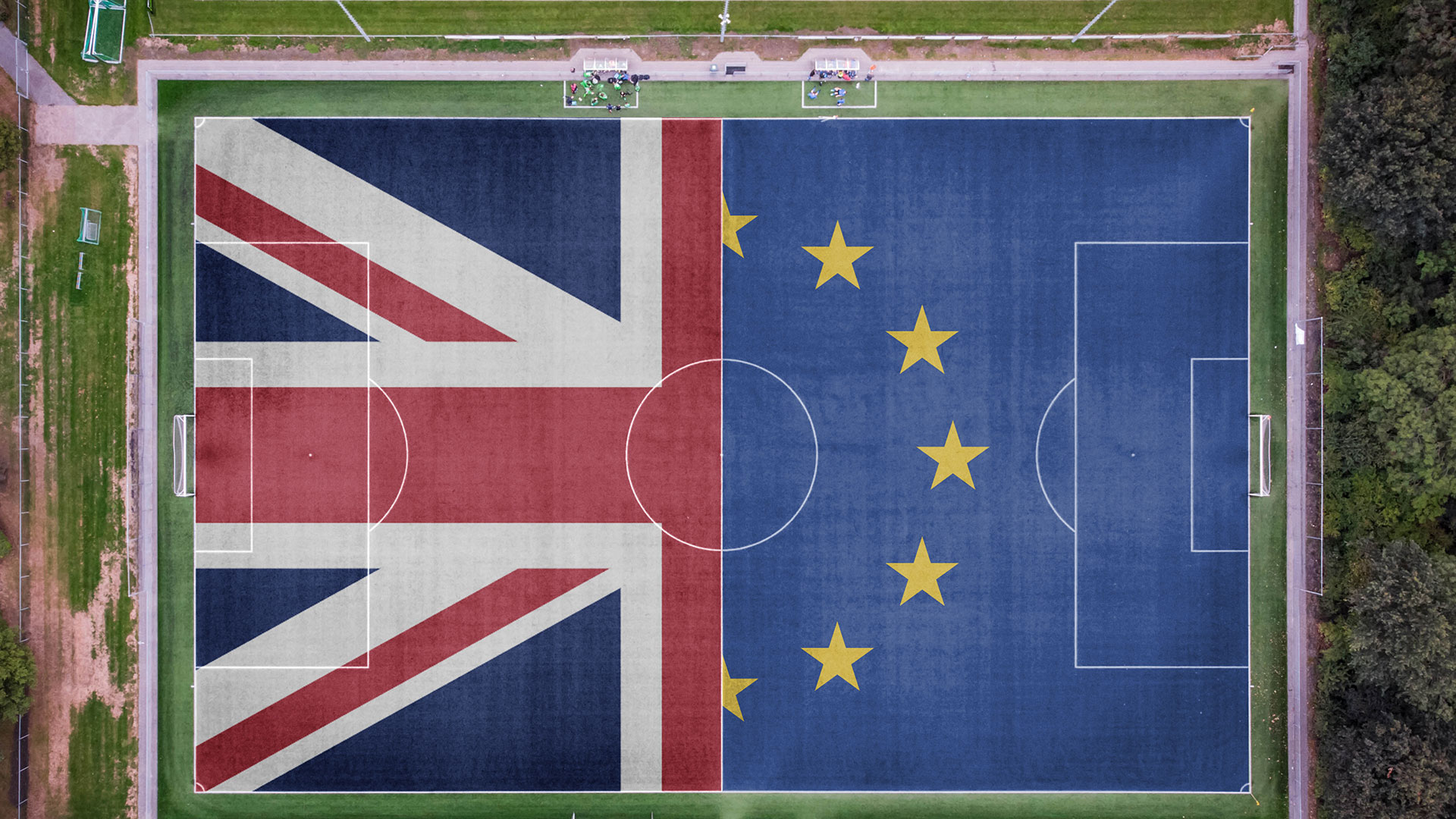But is Warnock right? To find out,Geey, football lawyer and author of new transfer-evaluating bookDone Deal, isn’t so sure.
“I think Warnock’s view is in the minority,” says Geey. “If we want to retreat into our island, where we make it very difficult for foreigners to come and become employed to give more opportunities to UK players and think that will increase the attractiveness, skill level and spectacle of the Premier League, I think the exact opposite is true.”
Under the current system, EU players do not require a work permit to play in the UK but there can only be up to 17 non-homegrown players listed in the Premier League’s 25-man squads.
Governing body The Football Association has reportedly been discussing cutting the number of foreign players to a maximum of 12 men out of the 25 post-Brexit.
With no deal in place everything is still up in the air, but legacy work permits for EU players who are already here are likely, meaning that Paul Pogba and co won’t be put out to pasture straight away.
Advertising helps fund Big Issue’s mission to end poverty
“There is no doubt that one of the huge attractions of the Premier League is its multinational ethnicity,” says Geey. “It brings fantastic talent from all around the globe and mixes it with domestic talent.
“Anything that dilutes the attractiveness of the game is likely to dilute the amount of money that television companies are willing to pay for the games. It may not be a short-term concern but in the longer term if clubs are fettered in their ability to bring in the best players because of a loss of free movement, I think it’s a real cause for concern.”
British players abroad could suffer too. Real Madrid’s Gareth Bale, for example, could see opportunities limited in Spain’s La Liga, where there is a non-EU player matchday squad limit of three.
It is likely that more UK players will get those opportunities but as we have seen over the years, English players playing more minutes does not necessarily translate to success for the national team.
And as for the international front, surely having more English players in the Premier League will be the boost the national team need to finally bring a major trophy home?
“It is likely that more UK players will get those opportunities,” says Geey. “But as we have seen over the years, English players playing more minutes does not necessarily translate to success for the national team.
“Warnock may be looking at it from a very English perspective but my own view is that immigration has the ability to combine lots of different skillsets and the league has been greatly improved by freedom of movement.
Advertising helps fund Big Issue’s mission to end poverty
“I remember Rio Ferdinand saying that he improved by training with international-calibre players and the ideas, tactics and culture they brought with them.”
Bizarrely enough, one of thebest barometers of a post-Brexit Premier League can be seen in computer gameFootball Manager. The management simulation has been analysing Brexit scenarios since 2016, bringing in hard or soft Brexit impacts on freedom of movement once players reach the March 29 D-day virtually. In other words, developer Sports Interactive (SI) probably knows more than the politicians.
SI’s studio director Miles Jacobsen has concluded from his research that a minimum of eight homegrown players in Premier League squads with the introduction of minimum salaries offers the best-case scenario. Home SecretarySajid Javid has mooted a minimum salary threshold for highly skilled migrants of £30,000 per year in the lead up to Brexit – roughly what Arsenal’s German playmaker Mesut Özil earns over a few hours.
Until May and co break the deadlock in Westminster though, it is all conjecture.
But the likelihood of the Premier League retaining its ‘Best League in the World’ tag looks like being as off-target as Warnock.
Advertising helps fund Big Issue’s mission to end poverty










